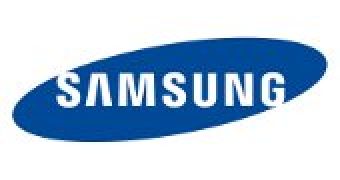Many chip makers are set to withdraw from actual manufacturing and, as a result, the foundry market will likely grow substantially for those which will retain their foundry businesses. Although, currently, Samsung's foundry business only yields a few hundred million dollars per year, with 2007 sales reported to have reached only $385 million, the leading DRAM and Flash memory supplier intends to enact a business program which will eventually place it on the same level as TSMC and United Microelectronics Corp.
The rapid growth will supposedly be achieved by the memory supplier by progressively doubling yearly foundry production. Samsung's plan is quite ambitious, considering the rather gigantic difference between its own and the Global foundry chip production which amounted to $19 billion in 2008. Taiwan Semiconductor Manufacturing Company was responsible fro no less than $10 billion of the total 19. $10 billion is definitely quite a goal, even for Samsung, but the memory giant doesn't seem deterred in the slightest.
Samsung seems to be interested in the foundry market because it has shown a faster growth than the DRAM and flash markets. Naturally, the memory giant wouldn't want to skip the opportunity to carve out a large slice of this segment for itself. Samsung will likely focus on developing newer and better manufacturing processes for its future chips and by offering foundry services, the company will ensure the full utilization of its fabs, becoming more economically efficient overall.
The Samsung Electronics spokesman who revealed these long-term plans was quoted by the Korean news-paper Chosun Ilbo (via EETimes) and the exact statement was that Samsung has already set a course for a "future growth engine with the long-term goal of becoming as big as the world's number one TSMC.”
The foundry market is expected to grow by 6% every year until 2013, whereas the memory sector will only grow by 2.1%. On its way to the top, Samsung will have to surpass other companies with better established foundry businesses, such as Texas Instruments ($610 million in 2007) and IBM ($570 million in 2007).

 14 DAY TRIAL //
14 DAY TRIAL //